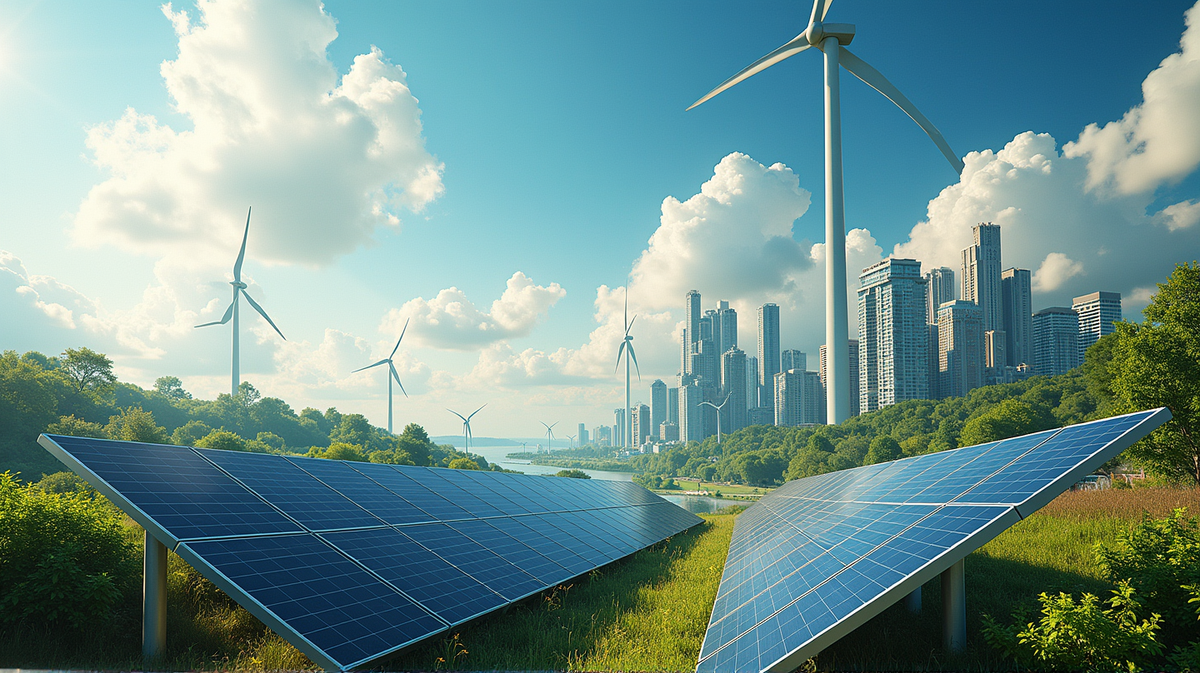Unlocking Economic Growth: The Climate Change Revolution
Discover how climate action isn't just about saving the planet but also fueling economic growth through jobs and innovation.

The Power of Renewable Energy
Today’s world stands at a crossroads where climate action and economic prosperity meet. Renewable energy sources—solar, wind, and hydro—are not mere alternatives; they’re catalysts for economic revival. The transition to clean energy, hailed as the new industrial revolution, requires a labor force for manufacturing, installing, and maintaining these technologies. Jobs are generated locally, breathing new life into rural and previously neglected areas. As News and Sentinel notes, the nascent energy economy offers lower energy costs for consumers and businesses alike, redirecting capital into fresh ventures.
Investing in Efficiency
Our climate action narrative extends beyond clean energy. Policies fostering energy efficiency—better building codes, optimized industrial processes—translate to reduced operational costs and minimal waste. Companies can channel savings toward innovation and expansion, boosting productivity across sectors. Reliable infrastructure enhances resilience against natural disruptions, minimizing economic loss, and enhancing overall efficiency.
Health and Market Benefits
Climate change isn’t just an environmental dilemma; it’s an economic one. Reduced healthcare costs and fewer extreme weather impacts are tangible economic benefits of acting on climate. By diminishing pollution, governments and private entities can channel funds from crisis management to proactive investments in sustainable practices.
Global Leadership in Clean Technologies
Leading the front in clean technologies opens up lucrative markets on a global scale. As countries vie for sustainable advances, regions embracing climate policies will house innovation hubs, attract research, and lure funding. Conversely, lagging behind could mean missing economic opportunities as companies gravitate toward sustainable environments and lower carbon footprints.
Local and Individual Influence
While federal policies, like those in the current administration, may resist the shift, the spirit of innovation thrives through local initiatives and individual choices. Supporting banks and investment firms committed to sustainability, improving home energy efficiency, and utilizing voting power can significantly propel the clean economy forward.
Building a Sustainable Future
The path to a sustainable economy involves united efforts—the alignment of individual actions, community endeavors, and supportive policies. Reflect on how you can foster this transformation—be it through conscious consumer habits or advocacy. Every action counts towards redefining our economic landscape in the age of climate change.